Student Blog
First-Gen
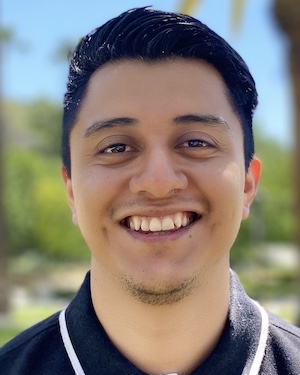
Why I Chose the OTD? ⟩
May 31, 2020, by Daniel
Diversity First-Gen What are OS/OT?
For me, pursuing the OTD means much more than just pursuing an education. It represents years of overcoming systematic barriers and paving the way for more first-generation Latinx students. Along the way, I have been fortunate to have a support system that believed in me, which I call my village (family, friends, mentors). As a first-generation Latinx student, pursuing an education comes with many other responsibilities. Personally, my entire college career I’ve had to work almost full-time, financially help my family, deal with imposter syndrome, and felt lost along the way since I am the first in my family to pursue higher education. My dream has always been to earn a doctorate degree, however, I never thought it would be financially possible. During Fall 2019, I began contemplating my options and whether it was possible to pursue the OTD. I struggled with constant questions of, “How can I pay for this?”, “Should I just start working after graduation to help my family out?” This was a time full of emotions and feeling stuck. Fortunately, I was able to ask questions, lean on my support system and this provided clarity. I reflected on my future goals of wanting to teach someday, starting my own non-profit organization, and promoting Latinx representation and leadership in OT, and decided the OTD would better prepare me to pursue these goals. Furthermore, I reflected on the communities I seek to make an impact on and decided to pursue a USC Chan Residency in primary care. Now that I am starting my residency training at the LAC+USC Adult West Primary Care Clinic, I truly believe I made the right choice. I am excited to continue to grow working along my faculty mentors Dr. Beth Pyatak and Dr. Jesús Díaz, and learn the necessary skills to expand OT services in primary care. I look forward to sharing my OTD journey with you and helping you find yours!
⋯
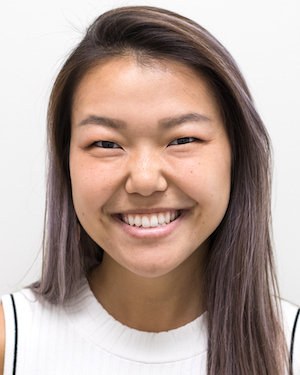
What I Wish I Knew When I Started the Program ⟩
April 28, 2020, by Kaho
First-Gen Life Hacks
– I belong.
Immediately after starting the OT program at USC, I was astounded by my classmates and future colleagues’ fiery passion for occupational therapy. I was inspired, motivated, excited, and grateful to be learning with them and growing alongside them. However, at some point along the way, it began to make me question my own passion. Perhaps it was because I was going through the adult rehabilitation immersion – the most rigorous immersion in my opinion – in my first semester of grad school and I was losing confidence in my capabilities. On top of that, anyone that has sat through lecture with me would know that I am not one to raise my hand and share my thoughts in front of the whole class. I don’t have a problem with public speaking or small group discussions, but I am reserved when it comes to my opinions and prefer to learn just by listening. I have found that I focus and absorb the material better this way anyway. While American culture often values traits of extroverts, I grew up in a culture that values the opposite. This quiet characteristic of mine made me feel like I was somehow inferior to my more vocal classmates. I wondered if I preferred not to speak up because I didn’t care enough about the topic, because I lacked passion.
Additionally, I couldn’t help but feel like an outsider when I entered the program because I faced financial hardships, as well as a complicated and difficult past. Committing to USC was a tough decision, but I still chose this program because it was my top choice, it was highly ranked (#1 in the US woohoo), and I believed it was worth the additional loans. As a financially independent first-generation immigrant and first-generation graduate student, I had difficulty finding community and people that were in or had been in similar situations. I couldn’t find a community that I identified with or related to because my situation and the challenges I faced differed from typical international students. I had difficulty finding a space that I felt comfortable discussing various topics about being Asian in the United States. Now as I reflect, I figure I just didn’t look hard enough or give existing resources a chance. I was internally perpetuating the model minority stereotype by assuming that there were no supports for Asian Americans, who are “supposed to be” successful and well off. I isolated myself by refusing to share my insecurities and thoughts with others. I felt alone and confused. “Should I have gone to a more affordable school?” “Am I here by mistake?” “Am I the only one that’s struggling?” I would get hit by waves of self-doubt.
As I approach the end of my last semester and prepare to graduate with a master’s degree, I wish I could tell myself from 2 years ago to relax and look up because I belong. My passion for OT has been reaffirmed and I can confidently say that I chose the right career path for myself, whatever my learning style may be. Even if I may not be the most outspoken participant in class, I found my own way of expressing my love for OT through the student ambassador position. Two years may seem short, but there’s a lot of growth that can happen within it. Furthermore, there are resources for everyone and anyone who seeks support, regardless of race, background, etc. I have access to friends, faculty, and alumni in the Trojan family that come from diverse backgrounds and have various experiences. I wish I knew to open up more, break down my walls, and seek support because needing help does not make me incompetent or less deserving of my admission to USC. I am extremely grateful for my friends, coworkers, professors, and mentors for their continued support and guidance, and helping me to come to these realizations. Whether you’re applying to the program, starting the program, going through the program, or finishing the program like me, I hope you know and believe this to be true: you belong too.
Next Steps
Once I finish finals and take the comprehensive exam, I have one last level 2 fieldwork this summer for the master’s program. Then, I am continuing on to pursue my doctorate degree and completing a clinical residency at Keck Medicine of USC. As sad as I am that my role as a student ambassador is coming to an end and I have to say goodbye to some friends/classmates, I’m super excited for this opportunity and to see what all is in store for my OT journey. I’m also happy that I get to stick around campus for another year. Thanks for reading my blog or blogs this past year and I hope to see you all around. 😊
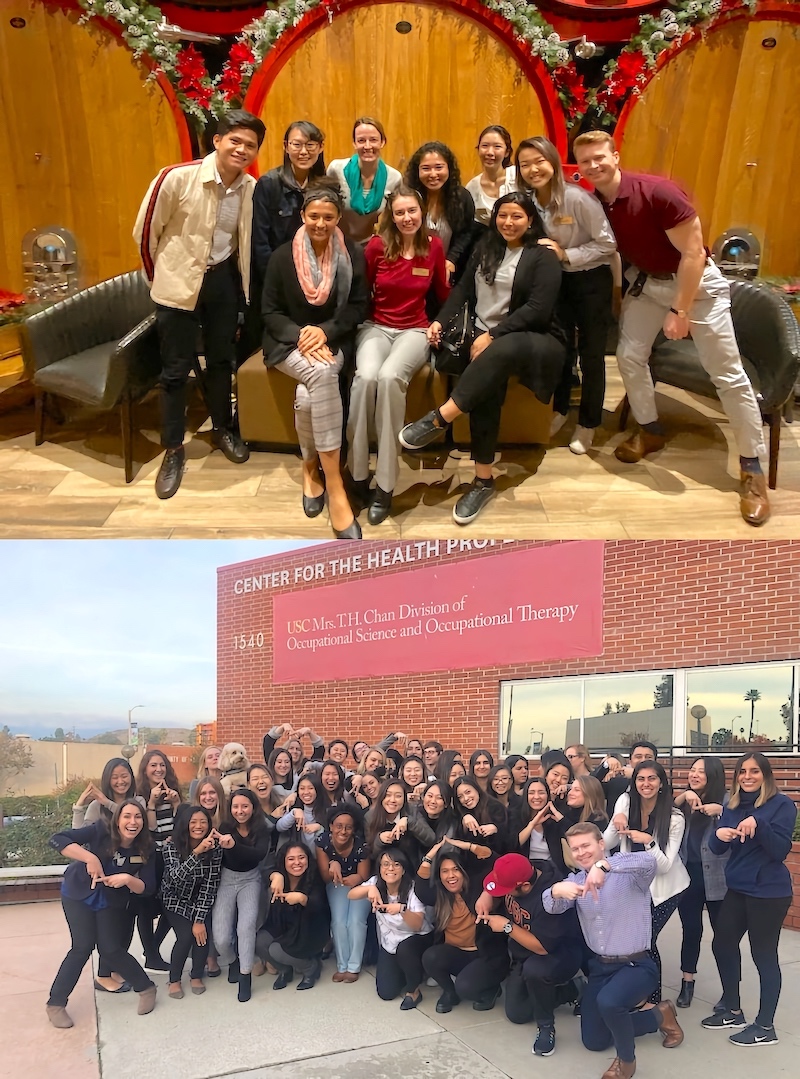
Special shout out to the ambassadors team and the best cohort ♥
⋯
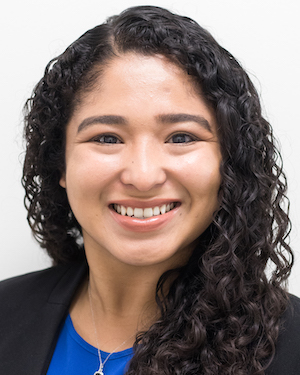
Overcoming Imposter Syndrome ⟩
September 20, 2019, by Marilyn
Diversity First-Gen Life Hacks
As a latinx, first-generation graduate student, womxn of color, there are moments of self-doubt that lead me to believe that I am an imposter. Being a double Trojan at USC has allowed me to see a shift in perspective from the transition of undergraduate to graduate student life. During my senior year of undergrad, I learned about Occupational Therapy through an elective course. I immediately was drawn to the field as I began to understand how occupational therapists can redesign the life of an individual, in order to support them with doing the things they want and need to do. My ideal profession of being a medical doctor completely changed as I fell in love with the profession of OT. With this career change, I began to have an inner dialog that impacted my confidence about whether I would be a good OT, whether I would be accepted into a competitive master’s program, and if I was making the right career move. It was evident that my undergraduate peers had been preparing to be an occupational therapist way longer than I did and it definitely took a mental, physical, and emotional toll on me. So with all that being said, let me tell you what helped me overcome imposter syndrome:
Sharing my insecurity with my village
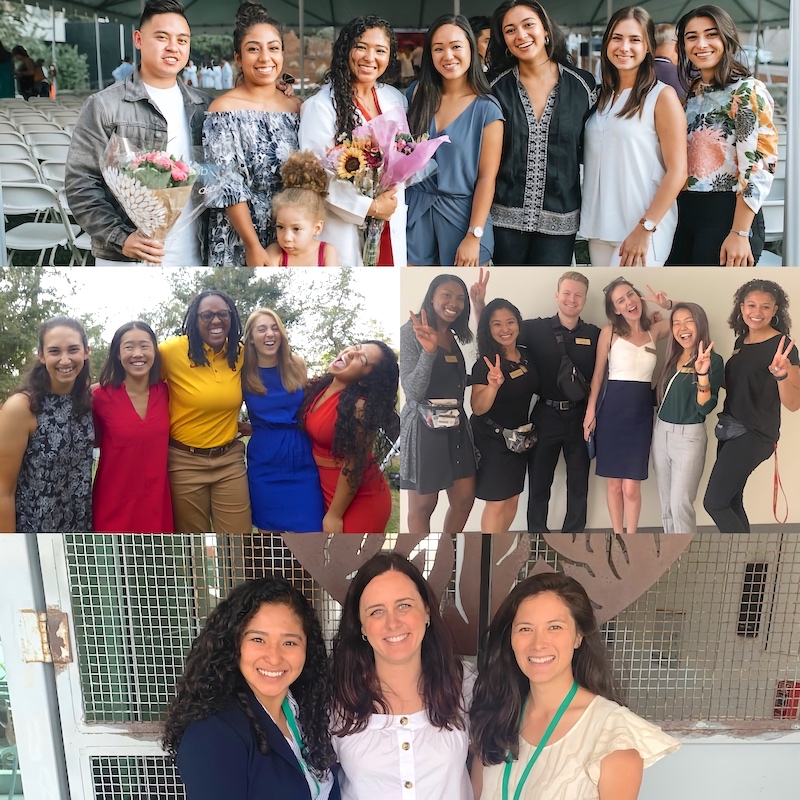
Top: Friends from high school that attended my white coat ceremony. Middle Left: My first group of friends that helped me survive summer. Middle Right: Team of Student Ambassadors who were working the white coat ceremony for incoming students. Bottom: After presenting our case study at St. Joseph’s Center Rachel Kent and I took a photo with our Clinical Instructor Dr. Erin McIntyre.
Vulnerability is not something that comes easy to me, but overtime I’ve learned about the importance of speaking up and sharing what is truly going on in my mind. My awareness of imposter feelings emerged over the summer intensive program, while I began to get connected to peers and understood their educational training. Immediately, the negative self talk of “I am not as prepared” or “Is this really going to be a good summer” or “I am smart enough,” thoughts began to creep in. However, I chose to take a leap of faith and shared with my peers that I was struggling in certain areas. This transparency truly set the stage for our friend group and even though we were divided into different academic cohorts, I know that they played a pivotal role in recognizing my worth as a student in the masters program. Simultaneously, I had the support of high school friends that always seemed to know when I was having moments of self-doubt. My high school friends just knew how to make me laugh and reminded me to find the joy in my failures and feelings of inadequacy. Time and time again, I realize that speaking to my village provides me with reminders of my purpose and why I chose OT. For example, over summer 2019 I had the opportunity to present a case study at my fieldwork site. Dr. McIntyre, Rachel, and I advocated for OT and the need of continued services for the population that was being served. My why became even more clear after that presentation.
Reframing my mindset
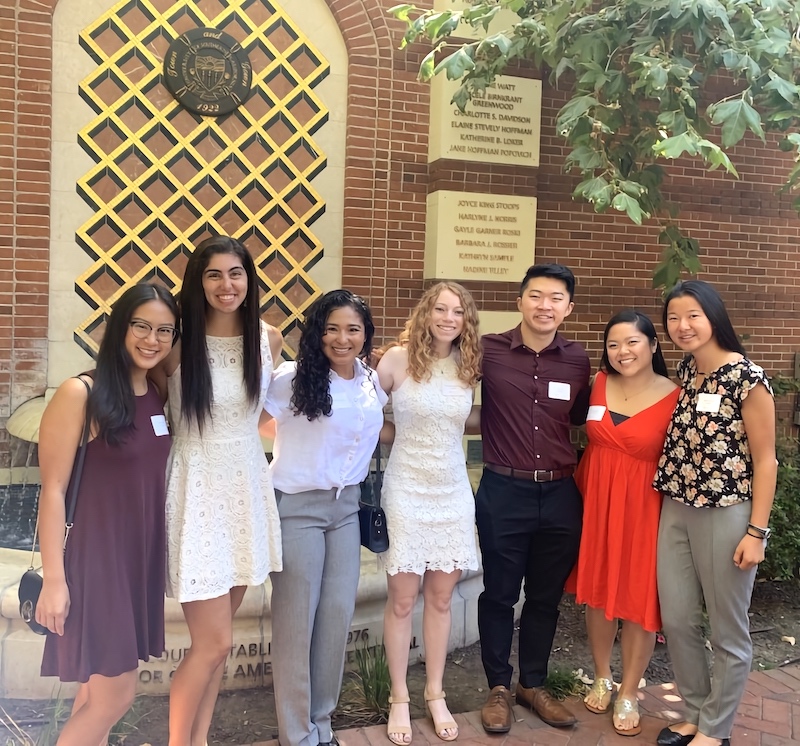
Chan Division students who attended the Town and Gown Scholars Breakfast
Beginning to reprogram my mindset about certain feelings set the stage for healthier growth not only as a student, but also personally and professionally. Here are some statements that I needed to reframe:
- I don’t have all the answers → I don’t need to know all the answers
- I am a failure → Failure is a learning opportunity
- Should I be here? → I need to be here because my community needs me
- I feel useless right now → The fact that I feel useless, does not mean that I am useless
Truthfully, it comes down to being kind about the inner dialog we have as individuals. I am unable to pour from an empty cup, so I need to continue to engage in positive self-talk, while I also lift up my academic community and clients in each setting that have the privilege to be at. We never know what someone is going through, whether that be a professor, classmate, or client, but supporting someone as they reframe their mindset is life giving.
The big picture
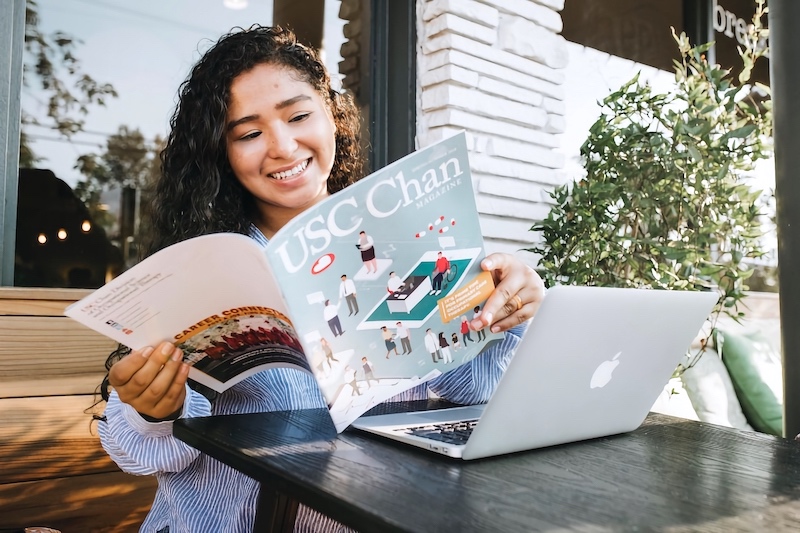
Reading about the innovative work taking place in the Chan Division
There is only one YOU. We each have been cultivating talents that no one else has, so understanding that and truly believing it often is the hardest part. However, when I am studying for long hours of the night and feeling overwhelmed, I find a sticky note or sheet of paper and write 3 reasons why I am grateful to be in this season of life as a student. I am not alone in this journey of self-discovery with OT and neither are you. In the end, I have learned that the impossible is in fact possible if I stay prepared and believe that it can be done. So whether you are a prospective student applying to the bachelors/master’s program, a current student interested in obtaining your OTD or PhD, or just a reader curious about OT, have the courage to pursue your dream and know that the big picture can be possible.
⋯
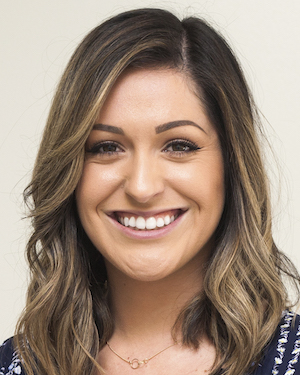
Inspiring High School Students to Become Future OTs ⟩
April 17, 2019, by Melissa
Diversity First-Gen Getting Involved What are OS/OT?
One of my goals as an Ambassador has been to increase awareness about occupational therapy. In order to do so, we decided to reach out to high school students, as I often hear that people would have pursued OT a lot sooner if they had known it was an option. I’ve been lucky enough to present to a couple of high schools now, and the experiences have been both rewarding and challenging. When presenting to high school students, we really have to adapt the way that we approach them. We often present to pre-health clubs or OT-specific clubs as part of our job, therefore we go into our presentation with the understanding that these students already have an interest in OT or in a healthcare profession. Oftentimes, the students have already been thinking about graduate school and pursuing higher education, therefore we know we can tailor our presentation in a specific way. High school students, on the other hand, come from a variety of backgrounds, have different plans and aspirations, and varying interests. They are more difficult to engage, and may or may not be voluntarily attending our presentations. Before my first presentation to one of the high schools, I kept thinking to myself, “How am I going to engage them?! How am I going to give them all of this important information without putting them to sleep?!”
In an attempt to get some guidance, I approached one of my professors who had also given a talk to a group of high school students recently, and she gave me some great tips. The one that stuck out to me the most was her tip on making it RELEVANT to the students, which made total sense. I have since tried to find ways to make my presentation relatable, such as giving the students some information about my own journey, my experiences as an athlete (as there are often many athletes that attend these presentations), and what it has meant to me to be a first-generation graduate student using my bilingual skills in Los Angeles. I also like to take different types of adaptive equipment and sensory toys to show them how they are used, and why they are relevant in our profession. This gives them some interactive opportunities where they get a glimpse into what we do as well as an opportunity to ask questions. Lastly, I always like to take GIVEAWAYS. Nothing gets a group of high school students more excited than some free stuff they get to take home, and I think it’s a nice token to remind them of our presentation.
Fortunately, the students I have presented to thus far have been courteous and kind, albeit shy in the beginning. They seem receptive to the information we have to offer, and I have even gotten emails from students that are now interested in pursuing careers in OT! I’m so grateful I have had the opportunity to spread the word about our amazing profession and our wonderful program here at USC, and I look forward to the short time I have left in this position to continue doing so! If you ever have questions about recruitment or anything else in general, feel free to reach out!
Fight on!
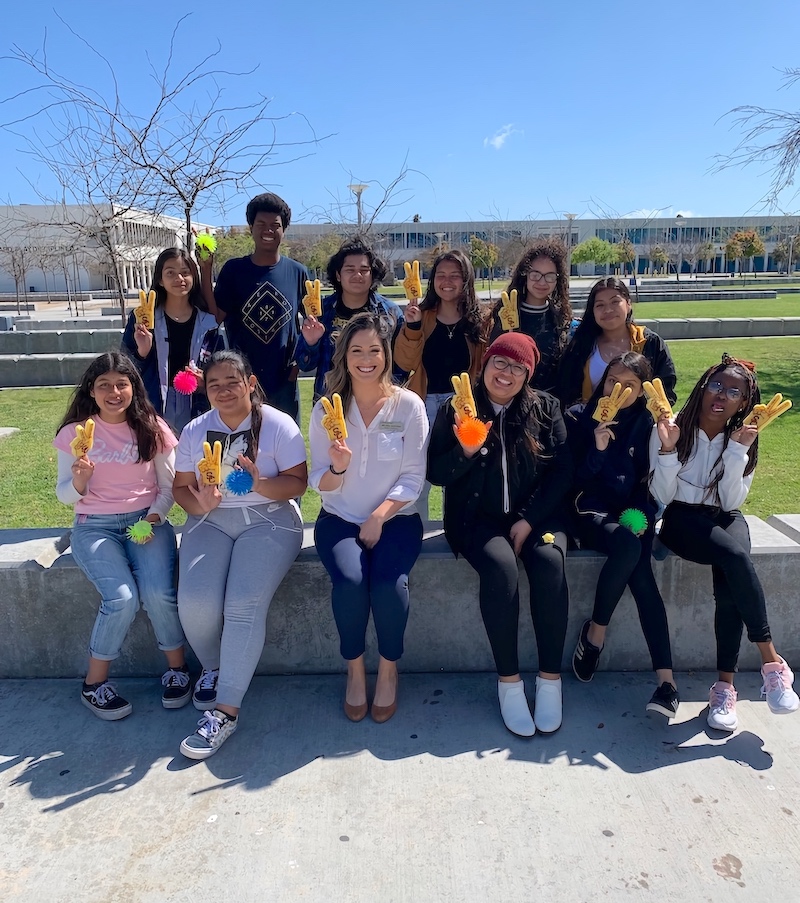
Presentation at Leuzinger High School
⋯





